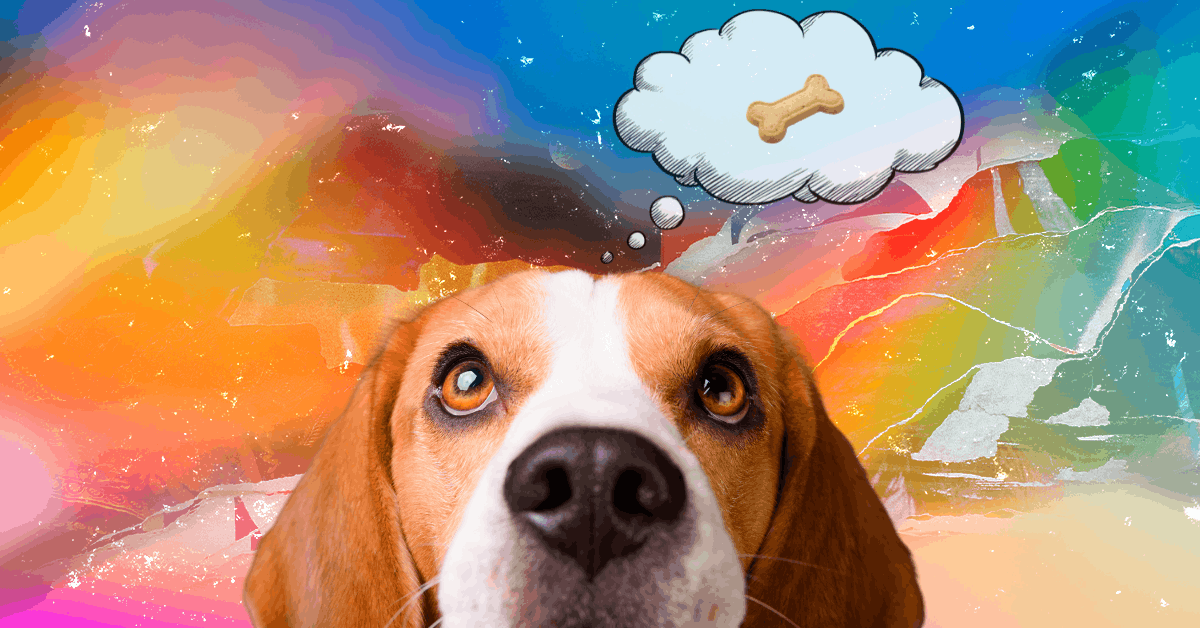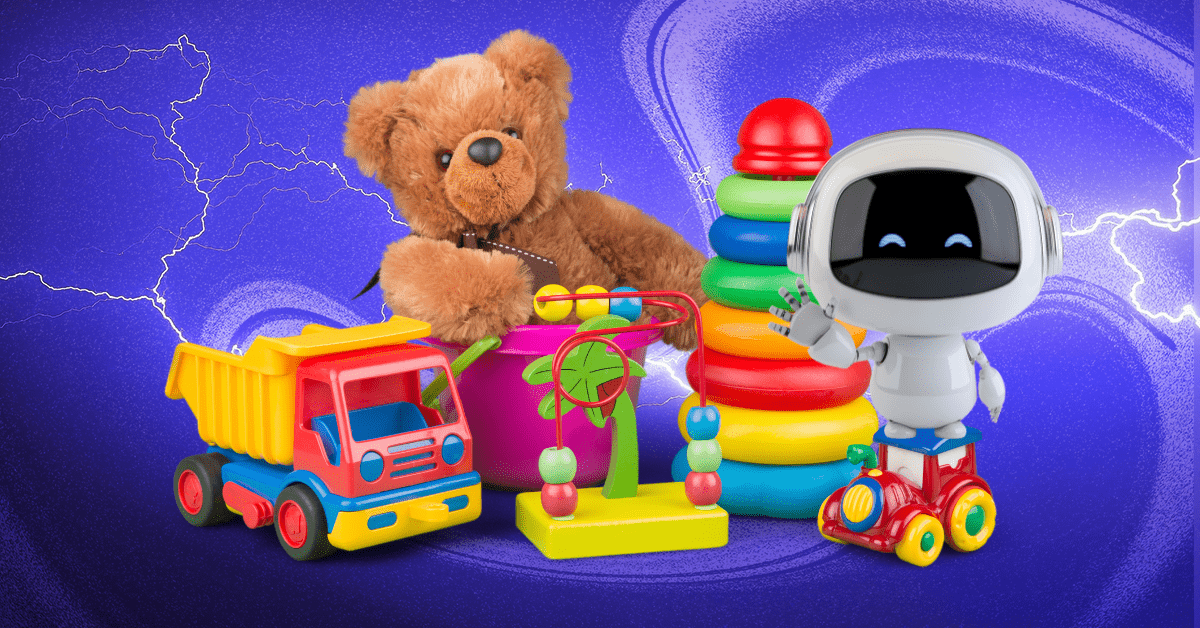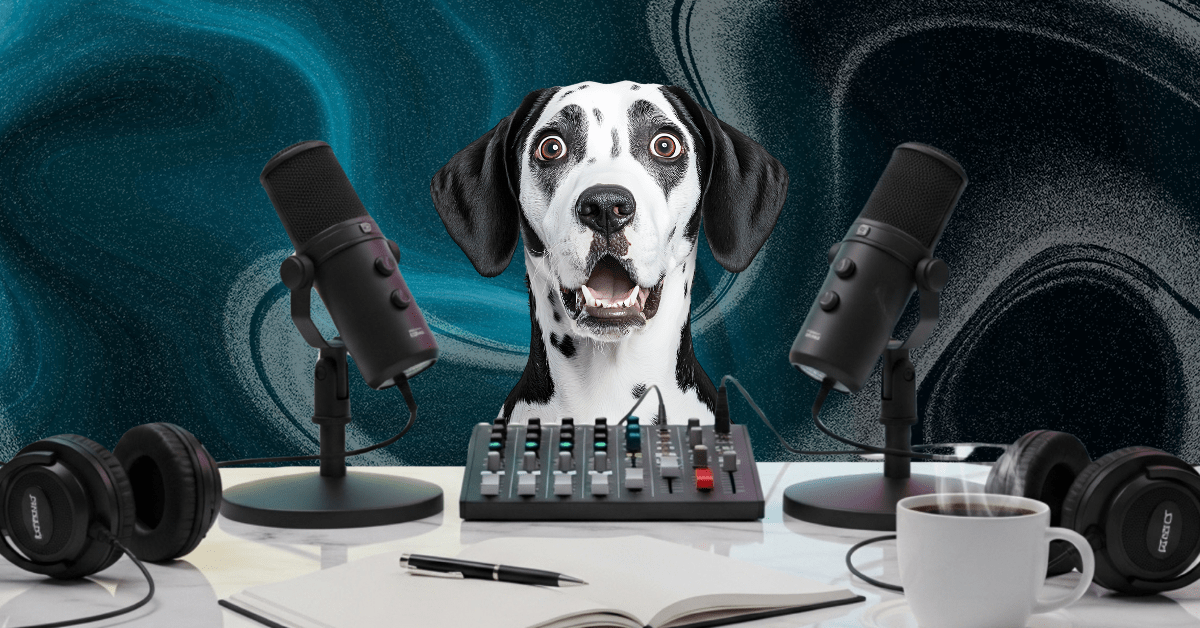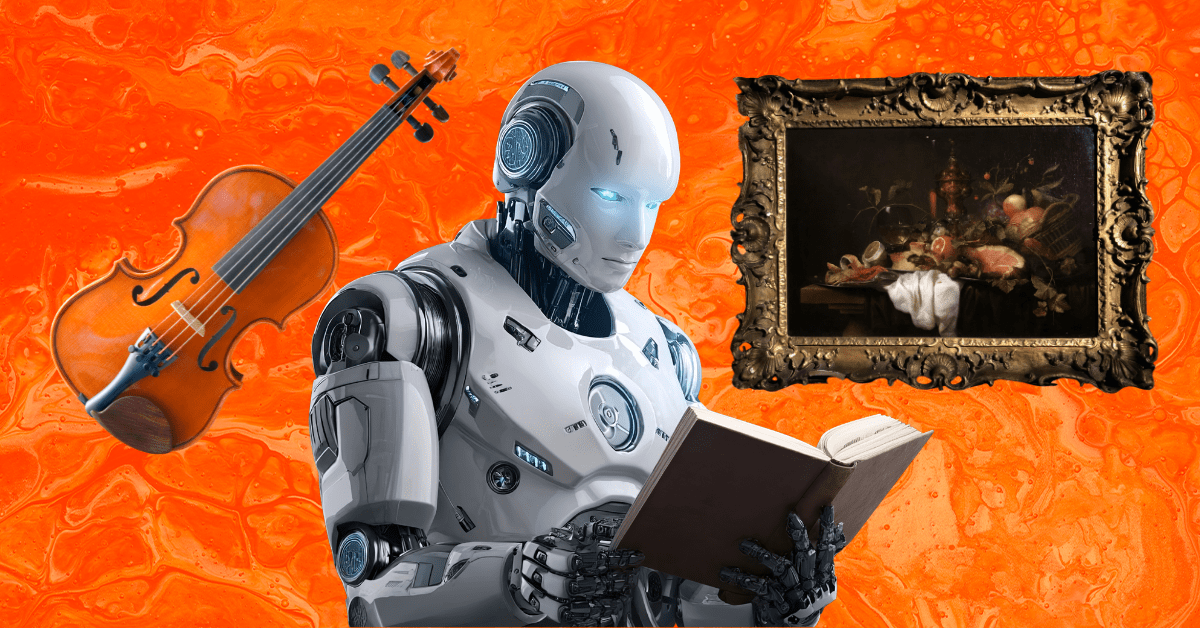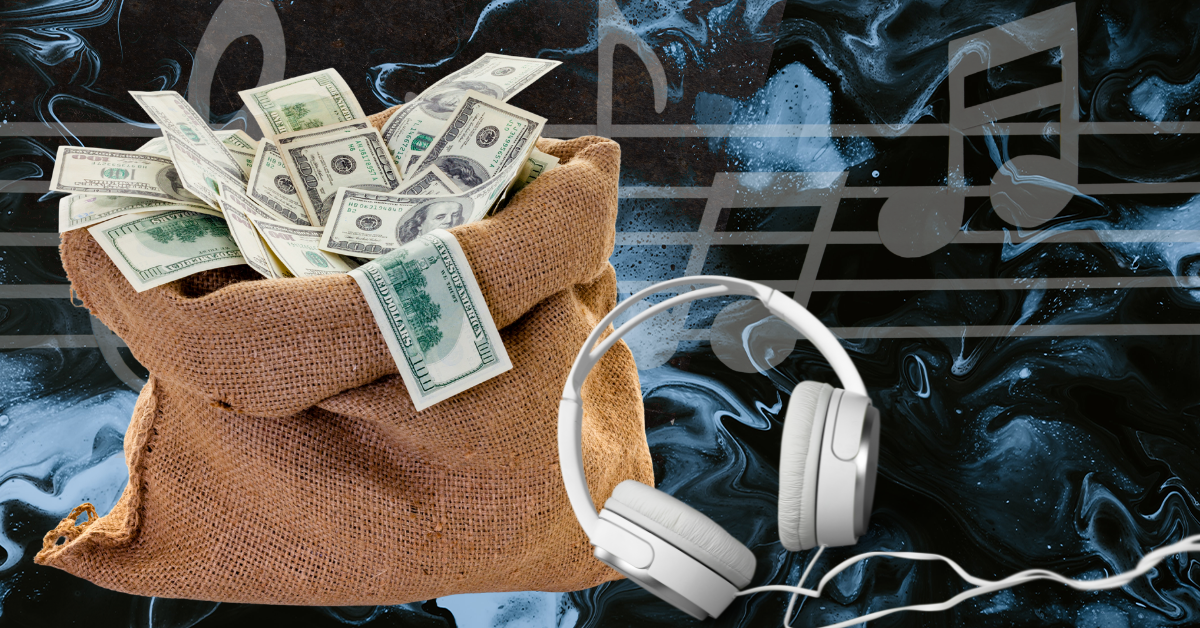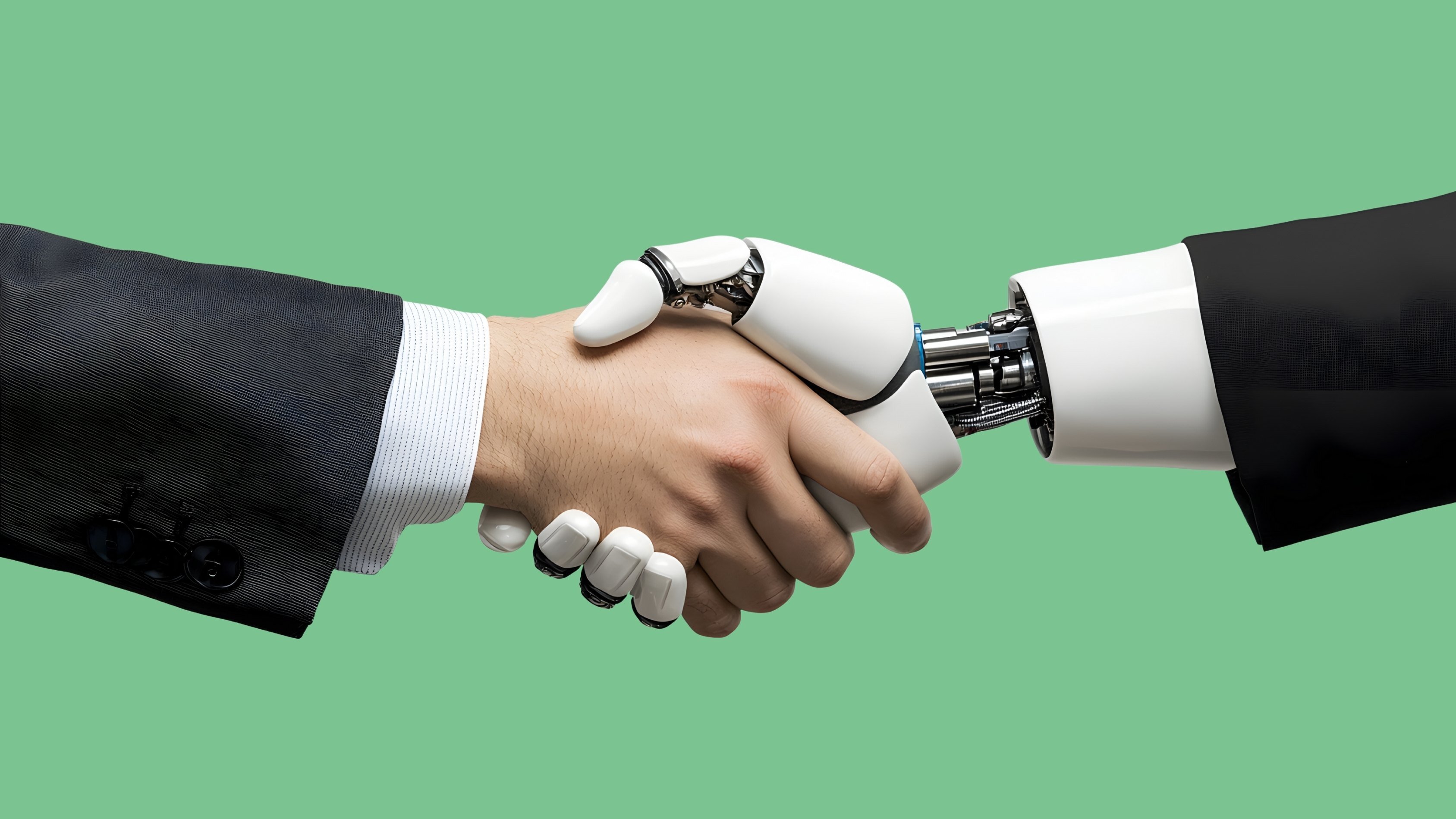Goodbye, fake news and Photoshop accusations. Hello, “That’s AI.”
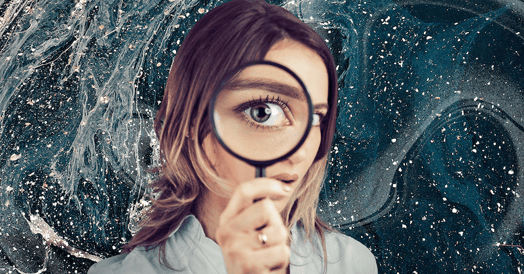
With the absolute deluge of AI-generated images, videos, and audio already available and soon to come, Ars Technica writer Benj Edwards has coined the “deep doubt” era, where people question everything they see online.
- A 2023 YouGov survey found that 85% of Americans are either very or somewhat concerned about the spread of deep fakes.
But it’s more trouble than that: Edwards’ term builds off another coined by law professors Danielle K. Citron and Bobby Chesney, the “liar’s dividend.”
AI is getting good enough…
… at image and audio generation that people sometimes struggle to tell the difference. People are already being targeted by scams that clone the voices of their loved ones.
AI is also becoming increasingly accessible via free image and video generators, and tools built into platforms and software.
At the same time, there’s been an erosion of trust in the authorities people would typically reference to determine if something was real, including the media and world governments.
This atmosphere of mistrust can lead to:
- Conspiracy theories, such as one circulating now that suggests President Joe Biden is dead and has been replaced by an AI hologram — which isn’t new, BTW; people have been claiming that one for years.
- Bad actors who knowingly claim that real evidence is fake (hence the “liar’s dividend”).
Politicians and attorneys, on behalf of their clients, have already attempted to claim that certain images or remarks were or could have been deepfakes.
I don’t know what’s real anymore
That’s OK; it’s enough to make anyone feel like The Lone Gunmen in “The X-Files.”
If you’re feeling confused, Edwards suggests listening to credible sources and considering context — other sources, images, angles, etc. — that corroborates the initial claim.
Ultimately, AI is new, but doubting what we see isn’t. People also think the moon landing was fake, and we didn’t have anything close to Midjourney in 1969.
Ai



